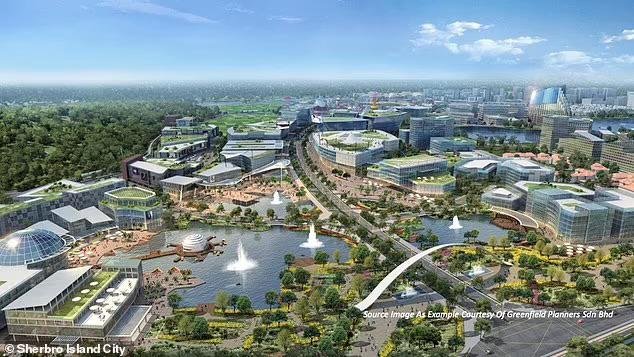In today’s globalised economy, regional trade agreements are beacons of potential economic upliftment and integration. Yet, when it comes to intracontinental commerce, Africa presents a stark contrast to other global regions. Currently, only 10% of Africa’s imports and a mere 17% of its exports are exchanged within its own borders. This figure is very small in comparison to the Association of Southeast Asian Nations (ASEAN), where 21% of imports and 22% of exports are intraregional. Similarly, Latin America boasts intraregional trade figures of 19% for imports and 20% for exports. Such disparities highlight the untapped potential of African intraregional trade, which, if harnessed, could significantly strengthen the continent’s economic landscape.
The African Continental Free Trade Area (AfCFTA) is a pivotal framework in this context. Designed to diminish border constraints and promote an environment conducive to economic synergy, the AfCFTA is poised to revolutionise trade on the continent. By streamlining the movement of goods, services, and talent, it aims to cultivate economies of scale, enhance competitiveness, and facilitate technology transfer across African nations.
The United Nations Economic Commission for Africa offers an optimistic forecast, suggesting that the AfCFTA could elevate intra-Africa trade to between $50 billion and $70 billion by 2040. Moreover, the World Bank’s projections are equally promising, indicating a potential 9% increase in real income by 2035, alongside the monumental achievement of lifting 50 million individuals out of extreme poverty. Such statistics not only highlight the economic merits of the AfCFTA but also underscore its role as a catalyst for social advancement.
Critical sectors such as agro-processing, pharmaceuticals, automotive, and logistics are identified as key beneficiaries of this integrated trade environment. However, realising this potential demands bold and strategic interventions. For instance, transforming the transportation and logistics sector necessitates a comprehensive overhaul involving the enhancement of infrastructure, streamlining of border procedures, facilitation of quality vehicle financing, and expansion of cold chain logistics. These steps, as outlined in McKinsey & Co’s 2023 report, are fundamental in driving productivity and, by extension, economic prosperity.
To capitalise on the AfCFTA’s promise, both public and private sector leaders across Africa must commit to a collaborative and sustained effort. This includes not only the implementation of policy reforms and infrastructure development but also the fostering of an entrepreneurial ecosystem that encourages innovation and investment. The path forward involves navigating challenges, yet the rewards a more integrated, prosperous, and resilient African economy are within reach.
While the current state of African intracontinental trade may lag behind other regions, the AfCFTA is a blueprint for change. By embracing this agreement and committing to the necessary reforms and investments, Africa can unlock a new era of economic growth and development, setting a precedent for regional integration and cooperation on a global scale. The journey ahead is both ambitious and challenging, but the potential for transformational change is undeniable.










